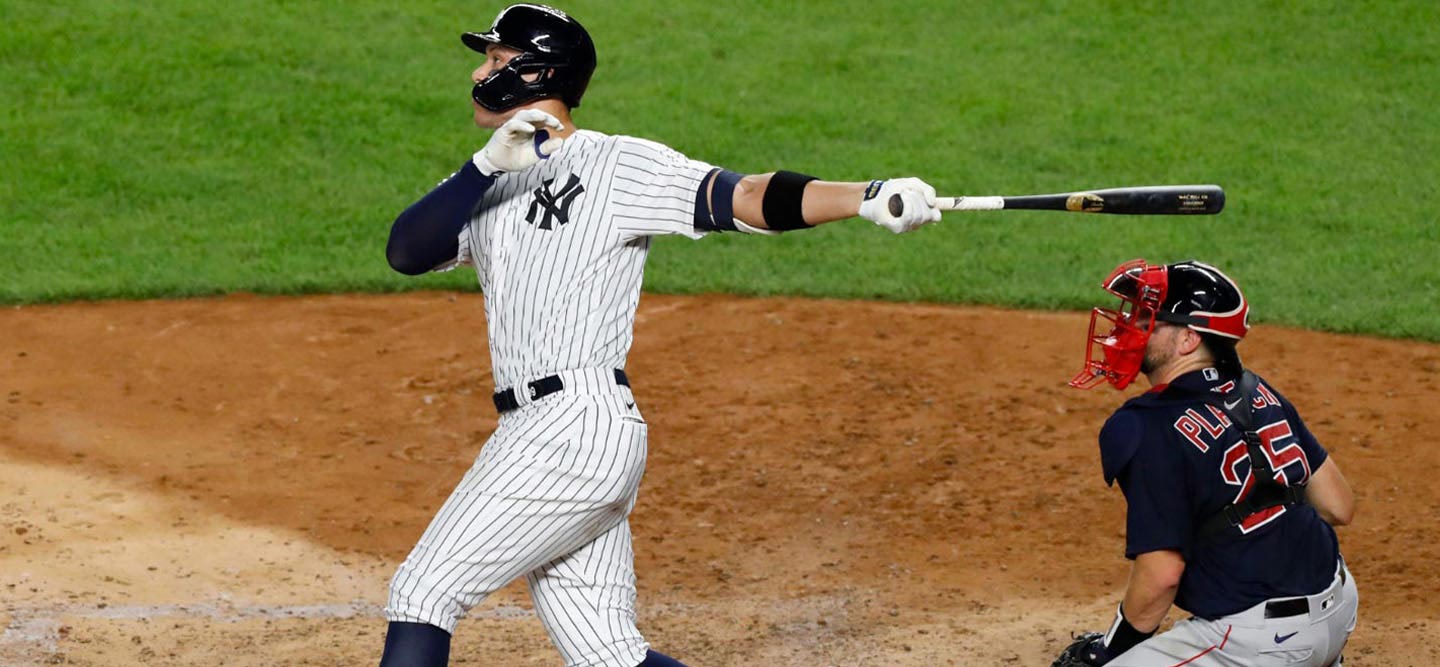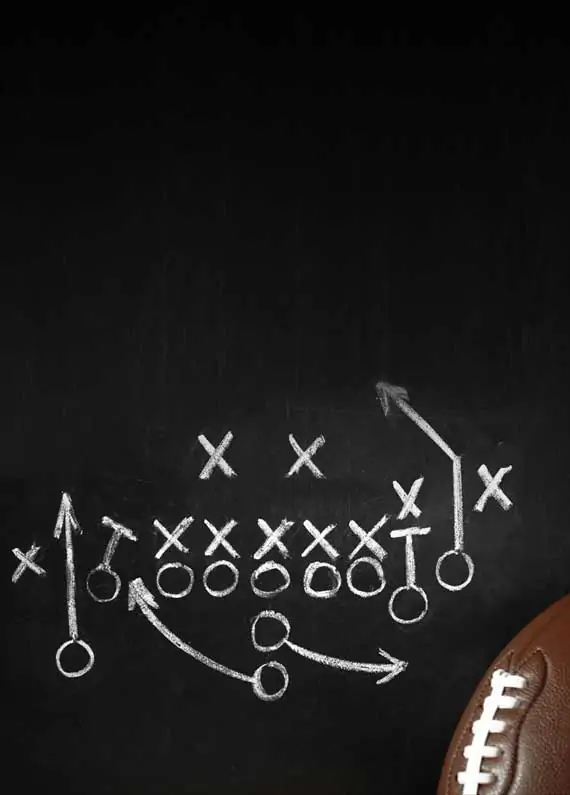How to Bet on MLB Baseball

Even though other sports are becoming more popular as time goes on, baseball remains America’s pastime and continues to dominate the summer months for bettors from all over the world who need to get action. A 162-game schedule makes MLB very unique in the sense that it is much longer than any other sport and provides numerous wagering opportunities between individual games, series prices, win totals and other futures to win the American and National League pennants plus the World Series.
Many baseball bettors like the grind of a long schedule and realize you cannot win every game when each is equally weighted for the most part. Not until the end of the regular season do you know whether a team is fighting for home-field advantage in the playoffs or a spot in the postseason altogether. Then it becomes all about the matchups when playoff teams get their starting rotations in order for a potential World Series run.
In fact, starting pitchers might play the biggest role in any team sport besides maybe quarterbacks in football. You could make the argument that starting pitchers are more important except that they normally only make an appearance every five days or so. Regardless, baseball lines (including totals) are set based on who the starting pitcher for each side is, and rightfully so. The starting pitcher will help dictate how much offense there will be for the opposition over anywhere between one and nine innings of a game.
When handicapping baseball games, it is important to look at the starting pitchers, the bullpens, the offenses (or hitters) and the weather. Those are the four main factors that can impact an MLB game from a betting perspective either positively or negatively, and how you apply that information to your wagers can determine whether you win or lose.
Following is a complete breakdown of the different ways you can bet on MLB baseball…
Moneylines
While other major sports such as football and basketball primarily use point spreads for wagering purposes, baseball more commonly utilizes moneylines instead with side bets. Moneylines are also used in other sports when wagering simply on whether a team or individual will win straight up rather than needing to cover a spread to cash your bet.
Each side is assigned a different moneyline by the oddsmaker based on whether the team is a favorite or an underdog. For example, the moneyline price on a solid favorite might be -200, which means you would need to wager $200 in order to win $100. On the other side, the underdog would pay +180 (bet $100 to win $180) with a dime line.
But you will not see moneylines used solely for wagering on individual baseball games. Series prices both during the regular season and in the playoffs also use moneylines, and they are adjusted throughout depending on which team wins. So if the favorite wins the first game of a series, the price could increase from -200 to -300 or higher. Likewise, if the underdog steals the first game, the series could move closer to a pick’em at -110.
Runlines
Moneylines are the most popular way to bet on baseball sides, but there is a variation of a point spread called the runline that requires covering -1.5 for the favorite or +1.5 for the underdog. If you are an MLB bettor looking for additional value, then wagering on the runline might be a better option, especially with heavy favorites that often win by two runs or more. Then again, those who play underdogs can win by losing a one-run game.
The difference in the moneyline and runline for a favorite can be a dollar or more in some instances, so betting on the latter in certain situations definitely makes sense. Why lay $160 on a favorite at -160 to win $100 when you can bet the runline on the same team at -1.5 (+135) and make $135 on a $100 wager? There is some risk involved obviously, but you can bet less and win more based on this specific example.
The key to betting on runlines is studying baseball trends and determining how often teams win by two runs or more. If a team is involved in a lot of one-run games, then wagering on the runline might not be worthwhile. But if a team has a great offense and often beats an opponent by more than one run, then the runline may be worth it.
Totals
Scoring can be a lot different when betting on baseball compared to other sports because starting pitchers play such a big role in setting the lines. The over/under totals in MLB are determined by the pitching matchup, with better starters resulting in a lower number than if bad pitchers are involved. Baseball totals typically range between seven and 10 runs, although extreme scenarios may see a number as low as six or high as 11.
One scenario on the low end may happen when two candidates for the Cy Young Award are squaring off on the mound in a ballpark that does not usually yield many runs. Another scenario on the high end might be due in part to the weather, like two poor pitchers serving up meatballs with the wind blowing out at Wrigley Field. In that particular case, double-digit totals are very likely at Wrigley, which is the main reason sportsbooks will wait to post numbers until the day of the game rather than overnight.
Whether you or betting over or under the total, there are many different factors to consider handicapping before wagering, just like picking a side. Weather and starting pitchers are two of them while streaks are also something that should be followed very closely. Many times, a team will either break out offensively or struggle to score, and baseball bettors should capitalize on those streaky opportunities. Because there are so many games, you will see streaks happen a lot more and can profit accordingly.
Five-Inning Lines
Digging even deeper into MLB wagering possibilities, five-inning lines have started popping up at so many more sportsbooks to the point that they are now quite common. Five-inning lines in baseball are comparable to first-half lines in football because that is essentially what they are, wagers over the initial part of a game rather than the entirety.
What makes these types of baseball bets intriguing is that starting pitchers tend to go five innings or so before the bullpens take over. In other words, a solid starter will most likely be on the hill for the full five innings, so you would not have to worry about a reliever coming into the game late and blowing your wager along with a save.
In addition, there are five-inning totals where you can bet on the over or under for the first part of the game. Again, starting pitchers are critical when considering these five-inning wagers, with the under seemingly a more probable betting result, especially if there are two aces toeing the rubber. However, bad pitchers can still get hit hard in the first five innings, so always keep that in mind when wagering on five-inning lines.
Props & Futures
There are basically two different kinds of exotic wagers besides single bets and parlays in any sport, short-term props and long-term futures. Baseball is no exception, and the list of myriad props and futures continues to grow each year thanks to public interest.
Regarding props, you can wager on everything ranging from the team to score first, whether there will be a run in the first inning and the total for each side. There are also player props available on a daily basis, so you can bet on whether someone gets a certain number of hits, RBI, etc. In the playoffs, the offerings are expanded even more where you can wager if a player will hit a home run or not along with the player to hit the first home run in a game, similar to the player to score the first touchdown in football.
Futures are growing too, but the main options remain betting on a team to win the pennant or World Series and over/under win totals. Of course these wagers require you to lock up your money for up to a half-year or longer depending on when you place your bet. That is the definition of a long-term investment, although you may find out sooner than later whether you really have a chance to cash your futures ticket simply by watching how the team performs early on.
If a team you wagered on gets off to a slow start, that could spell doom, and you might as well tear up your ticket and spare yourself the agony of watching them play the rest of the way. Because of the extremely long season, it is very rare for teams to battle back and turn things around. This is especially true with win totals, as you will know if you have a real shot to win by the All-Star break.



